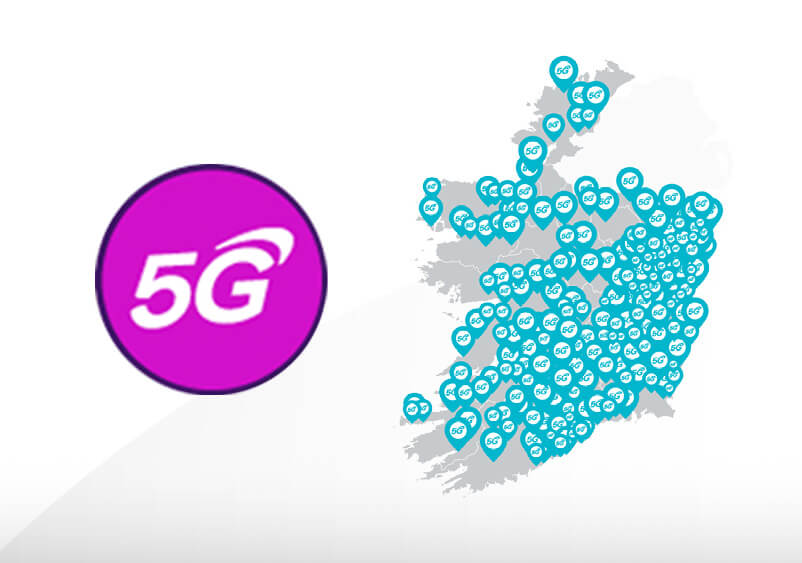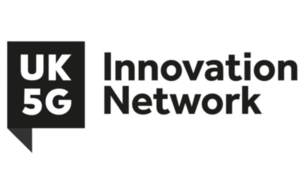5G is the fifth-generation technological benchmark for mobile broadband networks, which cellular phone operators began installing globally in 2019. It is the expected replacement for 4G networks that connect most present cell phones.
History Of 5G In The UK
While 5G coverage was minimal with Verizon’s 5G network in the US, in 2019, it was a whole different story in London. EE focused its initial coverage on popular tourist destinations across London, including areas like St Paul’s, Covent Garden, Soho, The Strand, Tower Bridge, and London Bridge.
These 5G networks weren’t being fully utilized then, but the average speeds were still a 10x improvement over what people saw on 4G. So the average you would see was around 200 Mbps on 5G, compared to around 25 Mbps on 4G in the same spot.
History Of 5G In Ireland

The rollout of 5G in Ireland and Northern Ireland began during the summer of 2019. There were, however, delays due to geopolitical pressure from the USA concerning the leading 5G manufacturer – the Chinese Huawei company.
President Donald Trump, at the time, highlighted the need for the UK to ‘toe the line’ and reject Huawei’s 5G involvement, or the US would have to reconsider its existing intelligence sharing with the UK.
The US forced all US companies to adhere to an ‘entity list,’ which forced them to obtain a licence to sell components to Huawei.
The UK ignored the US warnings about using Huawei equipment as the UK National Security Council stated that Huawei could build some parts of Britain’s 5G networks.
In the Republic, Three announced it had selected Ericsson over Huawei for its 5G network in Ireland. In addition, Eir Mobile used a combination of Ericsson and Huawei for its 5G mobile network. The initial rollouts included Vodafone Ireland, which launched 5G services in Dublin, Cork, Limerick, Galway and Waterford during the 2019 summer.
In the North, Belfast was one of the first UK cities to have 5G. Other smaller-scale rural 5G deployments took place in the North via the Rural Connected Communities competition.
Benefits of 5G
5G is the latest iteration of a mobile network. 5G brings in the super low latency, which enables a new breed of applications and services. It aims to improve the delivery of content and applications with super-fast broadband on the go.
Use cases already being realized, including Augmented Reality (AR) and Virtual Reality (VR), which benefit from lightning-fast response times and low latency communications; connected cars, which also thrive in high-bandwidth, low-latency, highly available settings; and other Internet of Things (IoT) applications that rely on high performance and smart utilization of network resources. Speed, efficiency and scalability are some of the exceptional benefits that 5G can bring.

